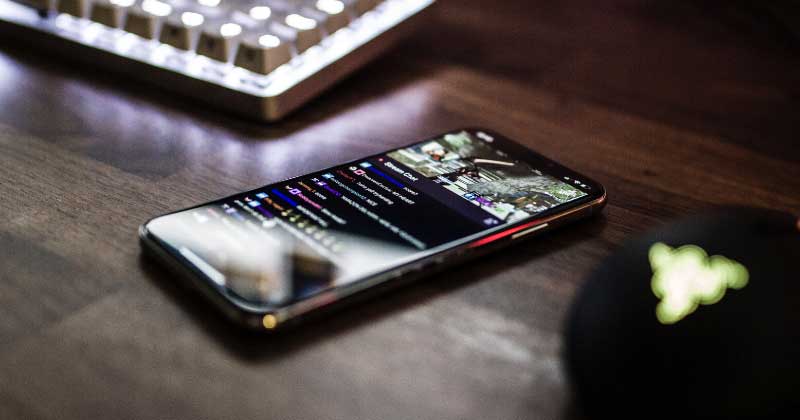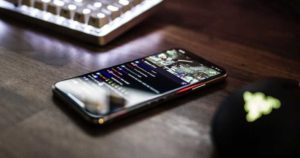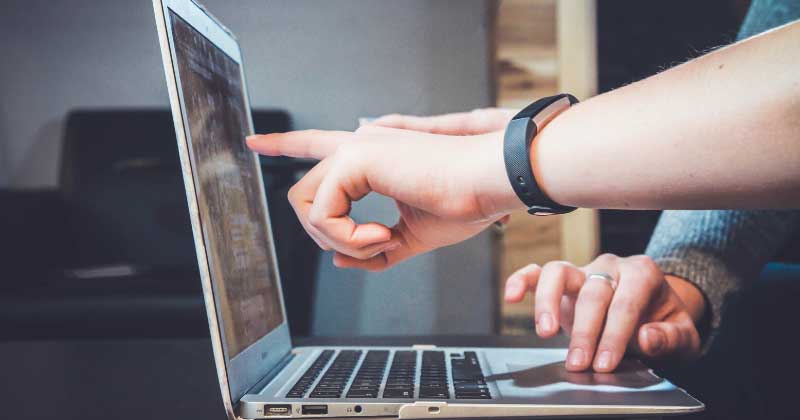
User Privacy at a Time of Pandemic: Is It Being Threatened?
Fans of the BBC’s dark futuristic drama anthology Black Mirror may have reason to worry about their favorite episodes coming to life.
In the episode Nosedive, character Lacie Pound encounters a woman named Susan, whose husband was passed over because his social rating was not high enough. The plot of the episode disturbingly mirrors the real life Social Credit System that is set for testing in 2020 in China, which aims to assign ratings to Chinese individuals. These ratings will affect the real life person’s credit scores and “social reputation” – much like Lacie Pound’s fictional world does.
That’s not the only fictional storyline in Black Mirror that’s been seeing some disturbing analogues in real life. Elements of the show, such as state-sponsored surveillance, are coming up as proposed solutions to the rapid spread of the COVID-19 virus.
Logicbase Interactive takes a look into the issue.
IS ANONYMOUS REALLY ANONYMOUS?
As law enforcement all over the world are mobilized by their respective governments to help ensure peace and order during the pandemic, lawmakers are butting heads with each other on what measures to take to ensure self-isolation is being taken seriously.
For example, the UK government has allowed the use of (for now) anonymized location data to observe and measure how people are following mandates on social distancing and self-quarantine. The data, provided by phone provider 02, is being used to monitor public movement in highly-populated London.
Meanwhile in Iran, the government encouraged citizens to download an app that would be used to diagnose COVID-19 contagion, but did not disclose that the app could be used to track individual movements as well. Whether the failure of disclosure was intentional or not, the resulting public outcry upon discovery of the app’s capabilities led to the removal of the app from the marketplace, as well as public disowning by Iranian officials.
Finally, in China – already used to stringent levels of state surveillance – officials have deployed helmet-mounted cameras with thermal reading capacity to identify residents with elevated body temperatures. Non-complying citizens are facing up to seven years of jail time for failing to adhere to quarantine measures, and automated security measures are leaving little to no room for argument or defense.
These situations are begging the question: are these measures only temporary, or are they paving the way for a more highly-surveilled post-pandemic future?
SAFETY VERSUS PRIVACY
The European Union, known for its groundbreaking legislations like the General Data Protection Regulation (GDPR), is now fielding questions from both member countries and trade partners regarding what may be seen as privacy-invasive ordinances and mandates.
Advocacy groups are becoming more vocal about maintaining individual privacy, as countries like China and the Philippines ramp up their use of military force and digital surveillance to control the freedom of citizens to travel.
While there’s a palpable shift in public opinion regarding governments taking liberties with citizens’ privacy for the greater good, the question these days seems to be focused more on “how long will it last”?
CAUTIOUS OPTIMISM
There’s a reason for people to worry about drastic measures being taken, and then normalized, under the pretense of public safety. Times are indeed changing, and rapidly, as the COVID-19 pandemic continues to upend what is considered “normal”.
However, these changed times have yet to provide concrete justification for the implementation of covert data gathering and analyses. Unlike terrorism, where such tactics may provide actionable results, the same cannot be said in fighting a pandemic.
This will not stop governments from looking into such measures, to be true. Biometric surveillance, artificial intelligence, and movement tracking are on the whole extremely useful data to have, particularly where law enforcement is concerned.
Everyone needs to be vigilant of attempts to sneak past the legislative approval of technologies that impinge on individual privacy. While we’re not yet at the point where such tactics are necessary, proponents for and against such technologies are always ready to argue their case. If we’re not careful, the next casualty of the pandemic may be our privacy.
It falls onto the average citizen and their advocates, then, to make sure that if these measures are introduced to the general public, no abuse will occur. Likewise, governments and technology providers must think of the citizen’s rights first and above all, before even considering suggesting such invasive technologies.
Until then, we must remain cautiously optimistic that compassion will win out, as we fight against the pandemic in our own ways.




